EU Toughens Stance with New Round of Sanctions on Russia

The European Union has officially adopted its 18th package of sanctions against Russia, escalating efforts to pressure Moscow over its ongoing war in Ukraine. The new measures aim to tighten existing restrictions and target key areas of the Russian economy, including energy, finance, and shipping.
Lowered Oil Price Cap on Russian Exports

A central element of the latest sanctions package is the reduction of the price cap on Russian oil exported to third countries. The new cap is set at approximately $47.60 per barrel, a significant decrease from the previous G7-imposed limit of $60 per barrel. The EU hopes this will further diminish Russia's oil revenues, a crucial source of funding for its war efforts. Officials have stated that the adjusted cap will be regularly reviewed to ensure it remains below market rates.
Targeting Russia's "Shadow Fleet" of Vessels

The sanctions specifically target Russia's "shadow fleet," a collection of vessels used to circumvent existing oil export restrictions. Over 100 additional ships have been added to the blacklist, bringing the total number of sanctioned vessels to over 400. These ships are now blocked from European ports, locks, and ship-to-ship transfers, hindering their ability to transport Russian oil.
Restrictions on Nord Stream Pipelines
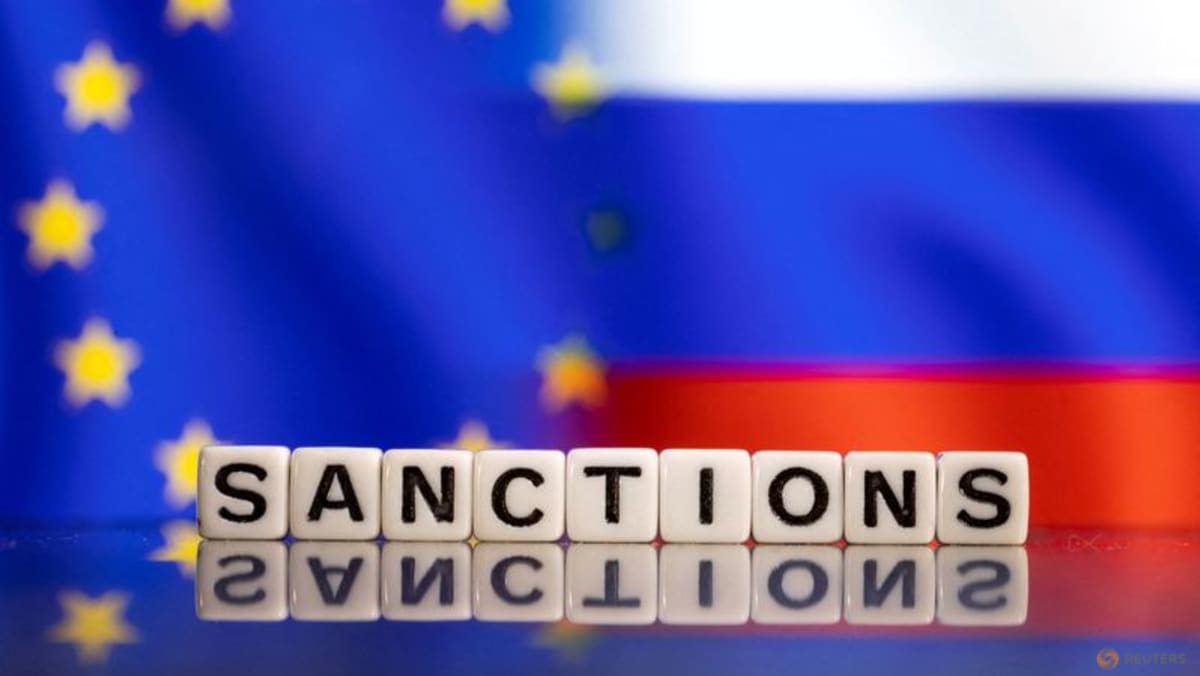
Transactions related to the Nord Stream 1 and 2 gas pipelines, while currently non-operational, have also been banned. This measure aims to prevent any potential future revenue generation for Russia from these pipelines.
Banking Sector Under Increased Pressure
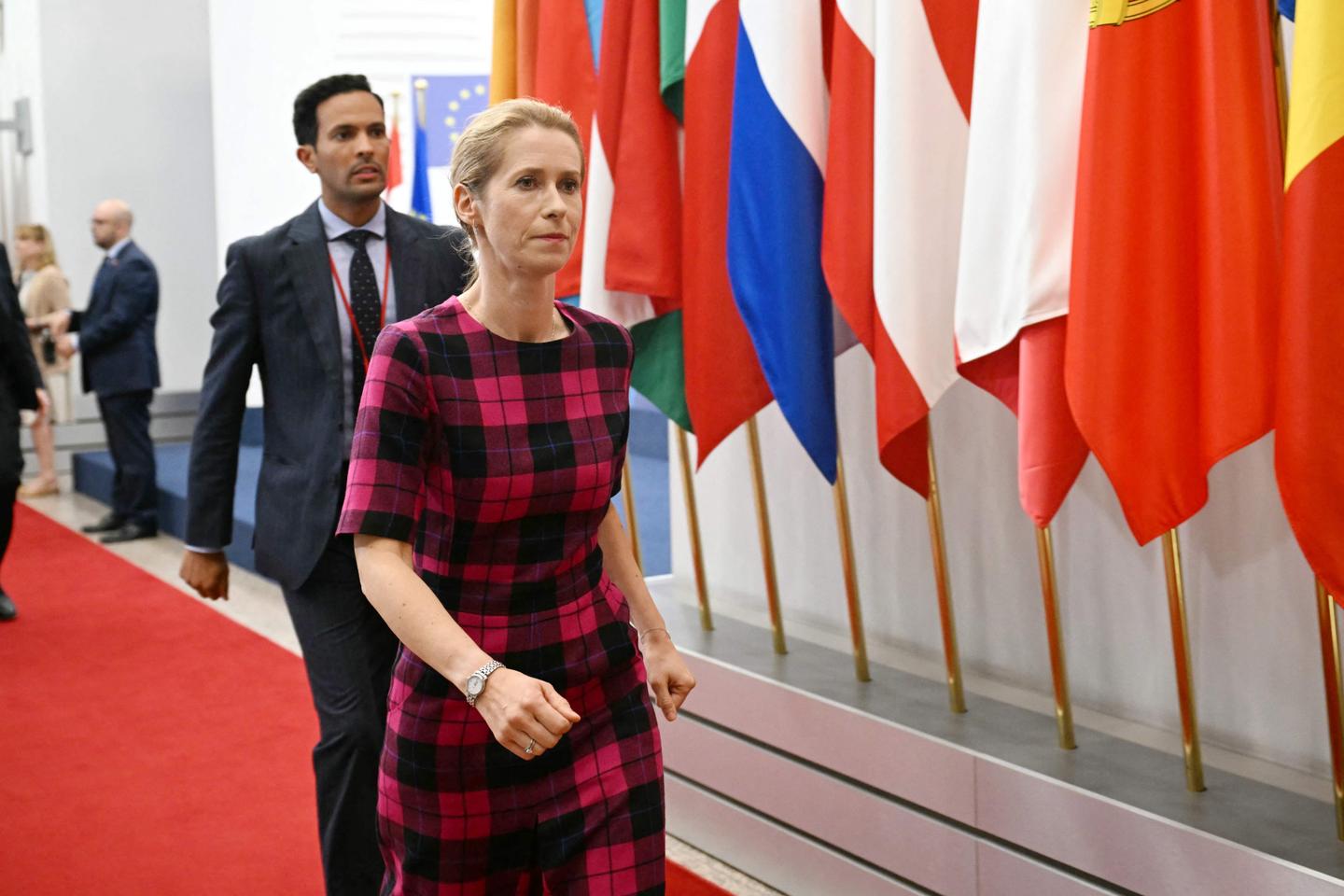
The EU has imposed additional measures on Russia's banking sector, seeking to limit the Kremlin's ability to raise funds and conduct financial transactions. This includes sanctioning two Chinese banks accused of aiding Moscow in circumventing existing sanctions.
Rosneft's Indian Refinery Targeted

For the first time, a Rosneft-owned Indian oil refinery, Nayara Energy Ltd., has been designated under the sanctions. The refinery now faces restrictions on exporting petroleum products to European nations, potentially impacting its operations and market access.
Expansion of Export Restrictions
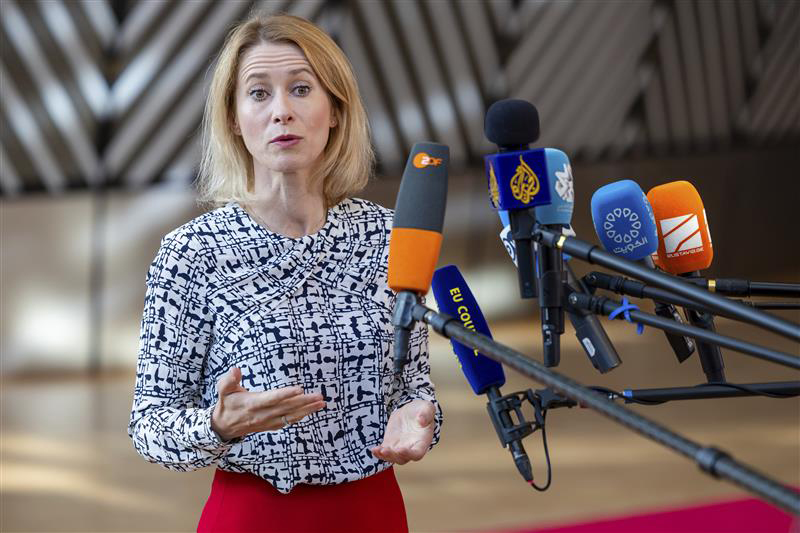
The EU has expanded its list of restricted exports, particularly those with dual-use capabilities, meaning they have both civilian and military applications. The sanctions also target organizations in China and other locations suspected of assisting Russia in evading trade and energy restrictions.
Key Dates in EU Sanctions History
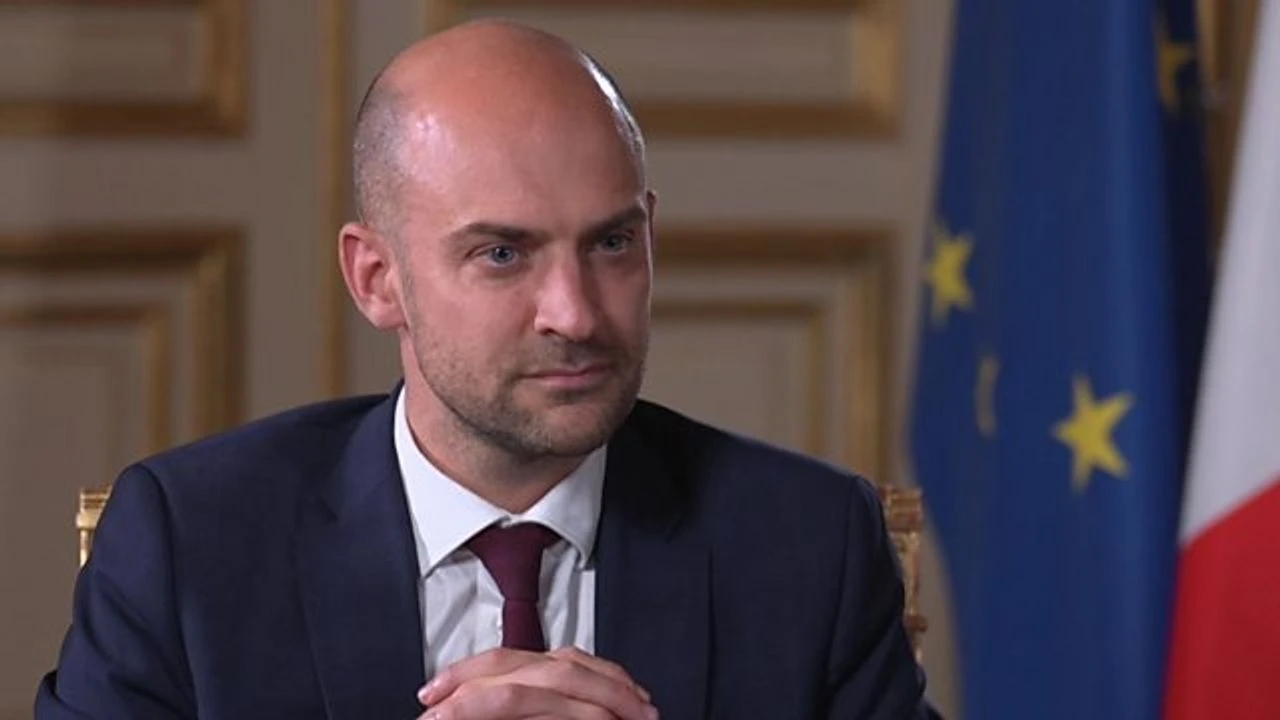
The EU's restrictive measures against Russia began in March 2014 following the annexation of Crimea and Sevastopol. The full-scale invasion of Ukraine on February 24, 2022, led to a significant escalation and broadening of these sanctions. In December 2022, G7 nations established the initial $60 per barrel price limit on Russian oil sales. The EU imposed its 17th package of sanctions on May 20, 2025, targeting nearly 200 ships in Russia's shadow fleet. The 18th package was adopted on July 18, 2025, and the revised oil price cap is expected to take effect on September 3, 2025.
Stakeholders and Their Positions
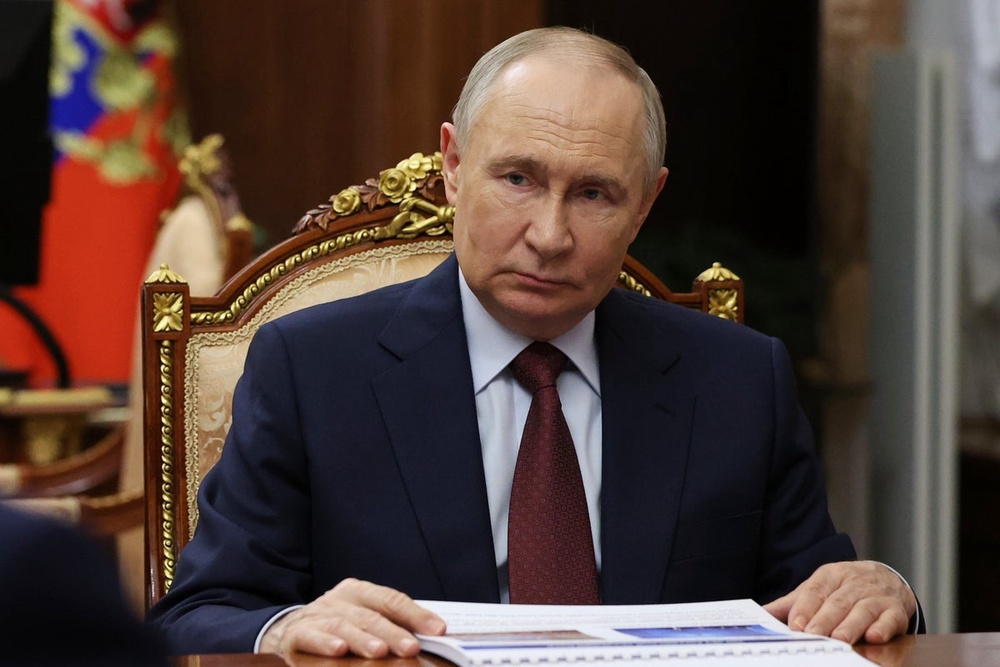
The key stakeholders in this situation include the European Union (EU) member states, who must unanimously agree on sanctions packages. Ukraine, represented by President Volodymyr Zelenskyy, has welcomed the new measures. Russia, the target of the sanctions, maintains that it has developed "immunity" to such measures. The G7 nations, particularly the US, have varying degrees of support for the new, lower oil price cap. India, particularly Indian oil refineries like Nayara Energy, is directly affected by the sanctions. China is also impacted, with two of its financial institutions now sanctioned. Global shipping and insurance companies play a crucial role in enforcing the oil price cap.
Statements and Reports on the Sanctions
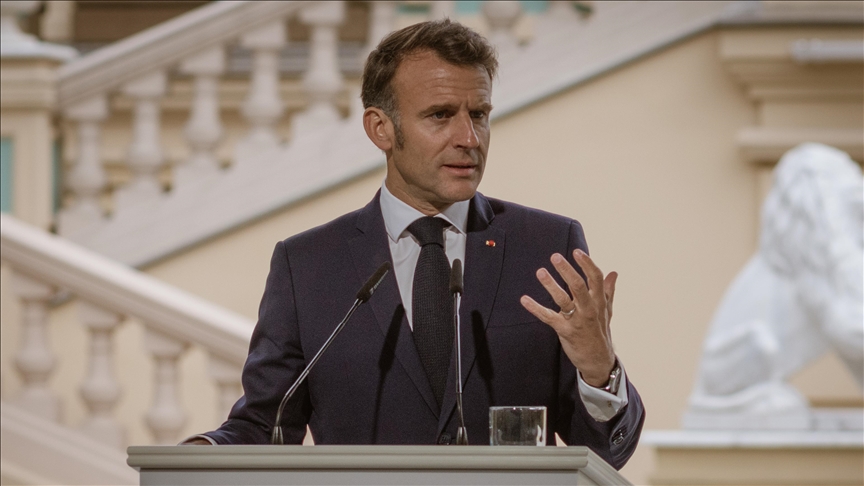
EU foreign policy chief Kaja Kallas stated that the EU has approved "one of its strongest sanctions packages against Russia to date," emphasizing Europe's unwavering support for Ukraine. The European Commission noted that the new package brings the total number of listed vessels in Russia's shadow fleet to 444 and individual listings to over 2,500. Reports indicate that the EU aims to lower the price cap to 15% below the market value.
Controversies and Challenges Surrounding the Sanctions

One major controversy revolves around the effectiveness of the oil price cap. The previous $60 cap was largely symbolic, as Russian crude often sold below it. The effectiveness of the new, lower cap will depend on market dynamics and enforcement. Russia has been actively seeking to circumvent sanctions, particularly through its "shadow fleet" and by engaging with non-Western partners. The EU's expanded measures aim to counter this, but the challenge of enforcement remains significant. Each successive round of sanctions becomes harder to agree upon, as measures targeting Russia can also impact the economies of EU member states. The lack of full US support for the new, lower oil price cap highlights challenges in achieving broader international alignment on sanctions.
Reactions to the Latest Sanctions Package
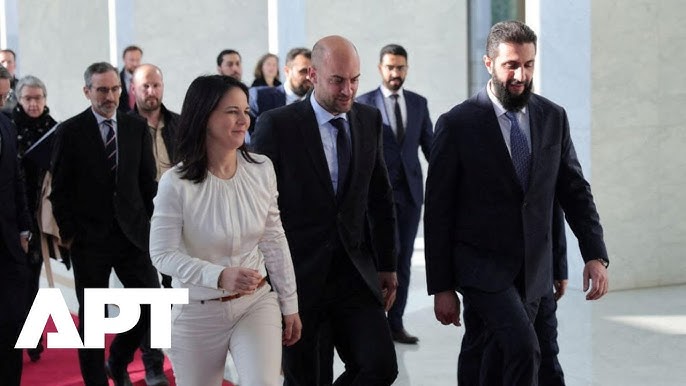
Many EU leaders and governments, such as Sweden and Germany, have welcomed the new sanctions, emphasizing their role in weakening Russia's war effort and supporting Ukraine. Ukrainian leadership consistently expresses strong support for increased sanctions. Russia maintains that the sanctions are illegal and claims to have adapted to them, suggesting they have built "immunity." The sanctions on the Indian refinery could lead to operational difficulties for companies like Nayara and RIL, forcing them to re-evaluate their crude oil sourcing and export markets.
Potential Consequences of the New Measures
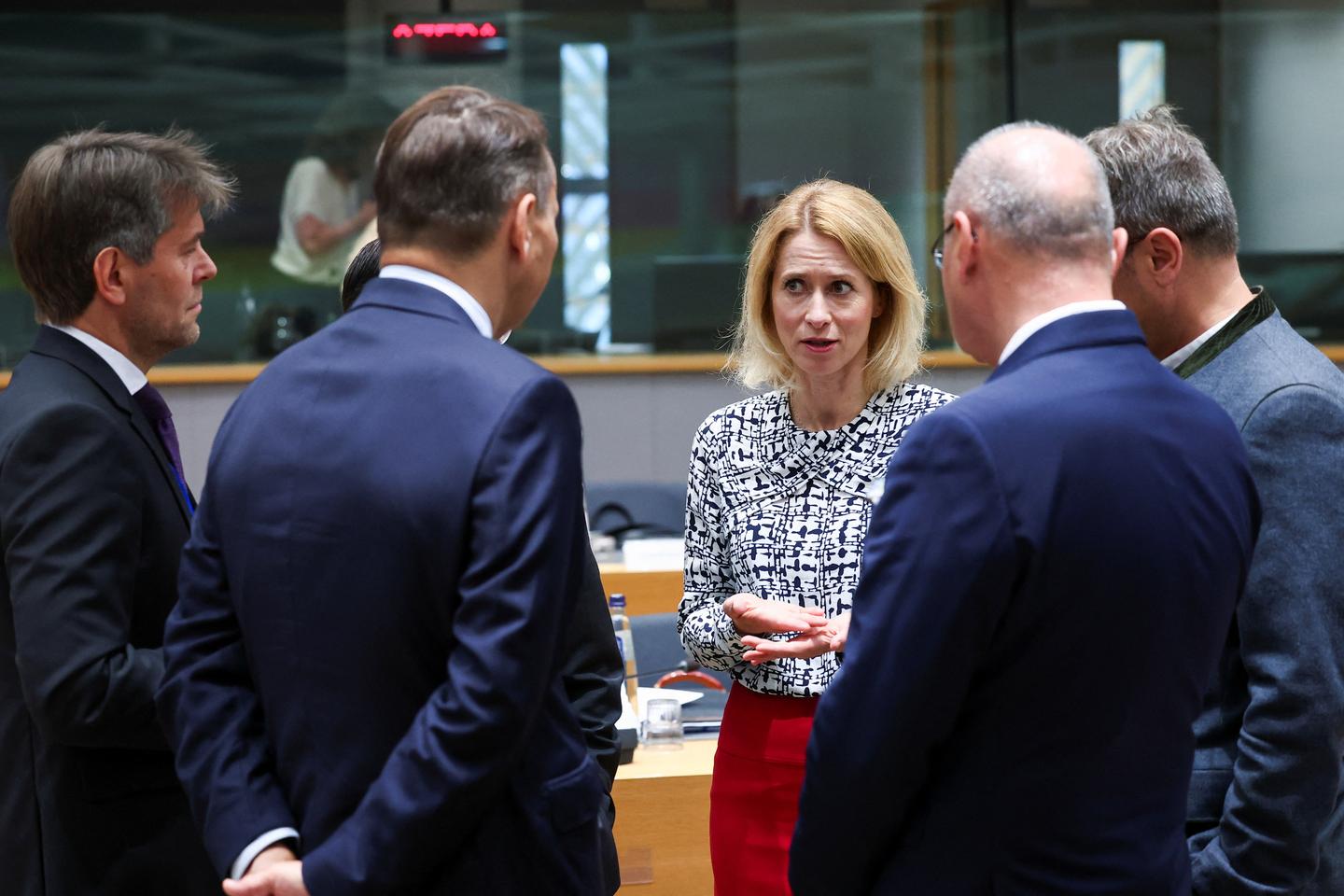
The EU hopes to further reduce Russia's oil revenues, which are vital for funding its military. The expanded targeting of the shadow fleet could make it more difficult and costly for Russia to export its oil. Sanctions continue to drive Russia to seek alternative trade routes and partners, potentially fostering closer ties with countries not aligned with Western policies. Indian refiners, if they continue to purchase discounted Russian oil, may face restrictions on selling refined products to Europe, affecting their profit margins. Implementing and enforcing complex, multi-layered sanctions across various sectors and international jurisdictions presents ongoing challenges for the EU.